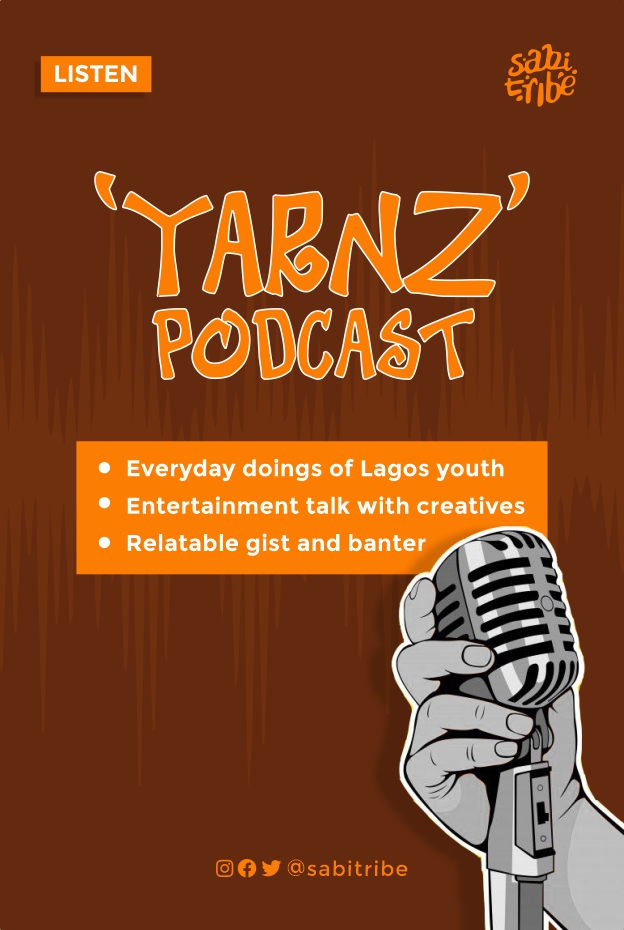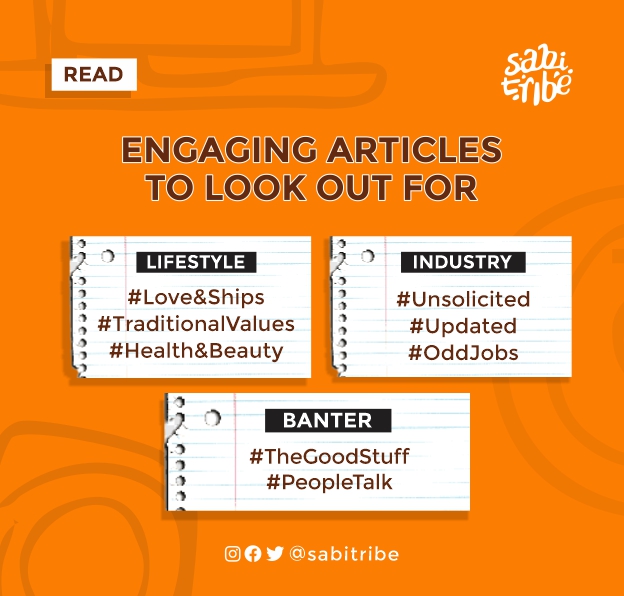Will the new system guarantee credible elections?
It is no news that the general elections in Nigeria will happen next year. From the registration of voters to the issuing of Permanent Voters Cards, a lot has been done in preparation for February 23.
For next year’s election, INEC has adopted a new technology called BVAS (Bimodal Voter Accreditation System). This new technology will ensure that there is much more transparency when it comes to the elections.

The BVAS verifies and accredits the voter using the biometrics embedded in it. Before now the biometrics were captured in a chip embedded in the PVC which are then popped up when it (the PVC) is swiped against the Smart Card Reader. For voters, this is the scenario you will probably meet when it is time to vote.
When you get to your polling unit on the election day, your name will already be on a list and a ballot with your number will be handed to you. Your permanent voter’s card will be scanned and maybe your fingerprint too. A selfie of you will also be taken and the face on the selfie must match the picture in your scanned voter’s card. When your Identity is verified, you will then be allowed to cast your vote. Interesting right?
Immediately voting is closed, the ballots are counted and the results are electronically transmitted from the polling unit. As the results are transmitted from the polling unit, it is immediately made available on the INEC website where it is accessible to everybody. The beauty of this system is that the chance of rigging is almost non-existent. The BVAS was already deployed for the Osun and Ekiti elections. It ensures that you can’t flood the system with stolen voter’s cards because there must be a matching selfie to the face on the card.
Of course you can bet your 2cents that the new system has been met with stiff opposition from some camps but INEC are maintaining their decision and sticking to the BVAS which is an excellent system if we want transparency.
#STATEAFFAIRS is a segment that gives you a quick rundown of various political and state issues as they happen in the most simple, subtle language. In this edition, we are looking at the new voting process for next year’s elections




